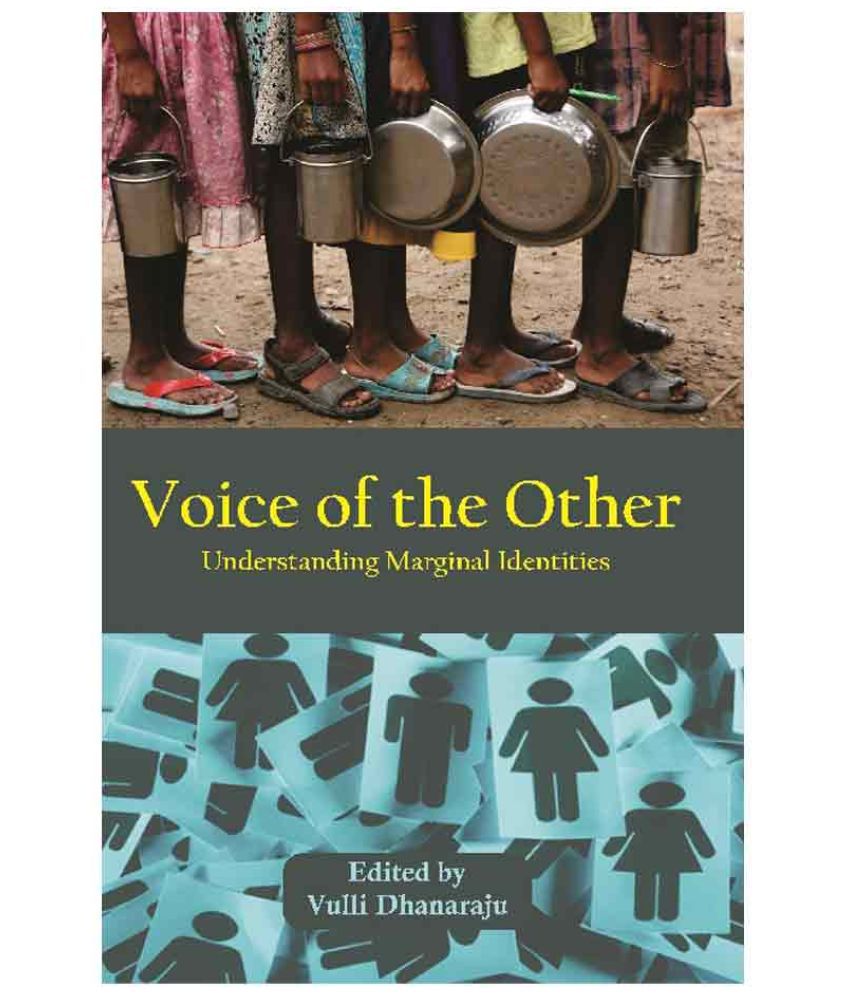Something went wrong. Please refresh the page and try again.
Something went wrong. Please refresh the page and try again.
Notifications can be turned off anytime from settings.
Item(s) Added To cart
Qty.
Something went wrong. Please refresh the page and try again.
Something went wrong. Please refresh the page and try again.
Exchange offer not applicable. New product price is lower than exchange product price
Please check the updated No Cost EMI details on the payment page
Exchange offer is not applicable with this product
Exchange Offer cannot be clubbed with Bajaj Finserv for this product
Product price & seller has been updated as per Bajaj Finserv EMI option
Please apply exchange offer again
Your item has been added to Shortlist.
View AllYour Item has been added to Shopping List
View All

No Cost EMI of Zero Emi Vendor applied on the product
You selected EMI of for monthsChangeGenerally delivered in 6 - 10 days
Item is available at . Change
You will be notified when this product will be in stock
| ||||||||||||||
ABOUT THE AUTHOR:- Vulli Dhanaraju is currently teaching History at the Assam University (Central University) Diphu Campus, Assam, India. He obtained his M.A, M.Phil and PhD degrees in the Department of History from University of Hyderabad, Hyderabad, India. He also obtained M.A (Sociology), PG Diploma in Human Rights (PGDHR), PG Diploma in Archival Science & Manuscriptology (PGDASM) and PG Diploma in Museology (PGDM). He was a Teen Murti Fellow for his Doctoral Research (2008-2010) at the Nehru Memorial Museum & Library, New Delhi. His area of research and specializations includes Caste and Tribe, Subaltern Histories and Environmental History. He has authored, A Text Book of Environmental History of India and edited four books, Debating Tribal Identity: Past and Present, The Idea of Caste, Regional Environmental History: Issues and Concepts in Indian Sub-continent, and Contesting Gender: History, Politics and Identity. He has also contributed number of articles/research papers in various reputed journals and conferences.
About the Author
ABOUT THE BOOK:- The book addresses the concept of marginalization in understanding various identities in Indian society. Marginalization is often described as a social process where people refer to the periphery or ‘margins’ of the society. It is defined as processes, in which individuals or communities are socially excluded and denied access to participate in social and political processes which are basic to integrate with the society. In this context the term, ‘marginality’ is used in this book in order to understand the depressed and socially excluded sections, estranged by others such as ‘Brahmanism’ in mainstream society, exploitative nature of non tribals in northeast and patriarchy in mainstream Indian society. The book is divided into four thematic sections covering 17 papers by scholars, social science researchers and other experts on the theme. The four thematic themes are Caste and Marginality; Ethnic Identities and Marginality; Gender and Marginality; and Literature, Language and Marginality. Each section has covered main theme of the book. Thus, the readers will find this book dealing with the voice of the ‘other’ in the study of marginal identities.
Contents : -
Forward by P. Kesava Kumar 9 Preface 13 Acknowledgements 15 List of Contributors 19 Introduction: Vulli Dhanaraju 21 I. Caste and Marginality 1. Social Movement of Dalits in Bengal: With Special Reference to Namasudra 43 Nil Ratan Roy 2. Untouchability as Social Exclusion: Historical Perspective 56 Mallikarjun Ch 3. Evolution of the Rajbanshi Society of North Bengal: Question of Identity Crisis 78 Kartik Chandra Sutradhar 4. The Marginalised Potters of Nongpok Sekmai in Manipur 96 Keisham Ingocha Singh II. Ethnic Identity and Marginality 5. Assam as a Settler State: Contextualising Identity and Social Conflicts: Within a Colonial – Settler Colonial Paradigm 119 Sanjib Goswami 6. An Anatomy of Ethnic Conflict and the Mass Media in Assam 137 Uttam Kr Pegu 7. Tribal Movement as ‘Nationalism’: An Analysis of the Jharkhand Movement 148 Ankur Goswami 8. Historicising Tribal Identity in India Vulli Dhanaraju and R.K. Bijeta 162 III. Gender and Marginality 9. Status and Identity of Tea Garden Women: A Case Study of Tamulbari Tea Estate in Dibrugarh Sunanda Sahu 189 10. Social Inclusion of Tribal Women through Social Development: A Study of Tribal Women Empowerment in Assam Lakhimi Nath 205 11. Going Beyond the Confines of Her Class, Caste and Gender: The Character of Sanichari in Rudali 217 Devastuti Sharma IV. Literature, Language and Marginality 12. Parallel Struggles; Paralleling Identities: A Reading of Two Native Novels David Jeyaraj Franklin T 13. Fluid Identity and Floating Societies in Amitav Ghosh’s The Hungry Tide R. Senthil Kumar 227 242 14. The Voice of the ‘Other’: Situating Sahityarathi Lakshminath Bezbaroa’s Subalterns at Sambalpur Bishnu Charan Dash 253 15. Language Loss Among the Thangal Tribe of Manipur Maibam Monoranjan Singh 264 16. English Medium Education and Dalit Emancipation: Some Reflections Indira Priyanka Veernala 289 17. Othering in Self-Ascription: A Case for the Linguistic ‘Selfie’ Suranjana Barua 298 Index 311
The images represent actual product though color of the image and product may slightly differ.
Voice of the Other : Understanding Marginal Identities
Rs. 845
Register now to get updates on promotions and
coupons. Or Download App